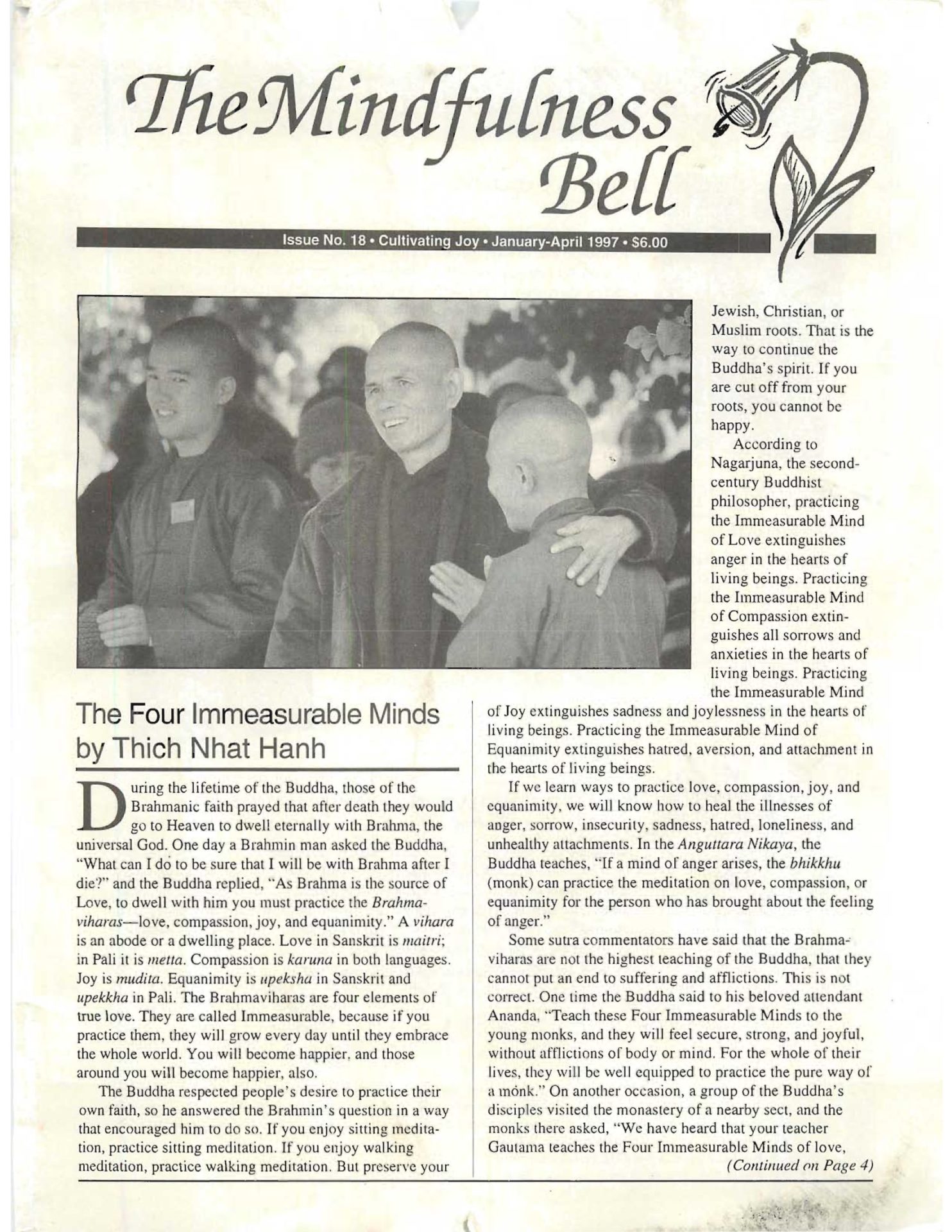By Sam Dubois
Please do not ask me to shut my eyes
until you have demonstrated what a lotus is
and how I may be able to be it;
until you can show me how to understand
that along with the terrible, even unspeakable,
I carry along some kind of potential.
I do not mean to take advantage of you–
believe there is no viable alternative.
By Sam Dubois
Please do not ask me to shut my eyes
until you have demonstrated what a lotus is
and how I may be able to be it;
until you can show me how to understand
that along with the terrible, even unspeakable,
I carry along some kind of potential.
I do not mean to take advantage of you--
believe there is no viable alternative.
I know about being "saved" only to continue to hurt;
nothing exists beyond suffering and pain
and what little I can take
before someone takes again from me.
--Sam Dubois
Pour years ago, I started sitting, reading, and reaching out through Buddhist practice for a basis to begin understanding who I am and how I had come to deserve to be where I am. Two years ago, I received the first kind letter and some beautiful books from Therese Fitzgerald. A year later, she honored me with a humbling, joyful personal interview while she was in North Carolina. Therese spent some time with our chaplain and started the wheels rolling towards having two hours each month set aside for meditation in our prison chapel. Bob Repoley of the Charlotte, North Carolina Sangha, led our first Sangha-behind-bars in Harnett Correctional Institution. Joined by eight nervous fellow inmates, I sat on two hymnals for a cushion, trying to be still with my monkey brain climbing, shoving, swinging, and jumping over my extensive internal obstacle course. Not exactly a textbook meditation group, but an important one.
I would like to share some thoughts about practice in this setting from my own experiences. First, any generalization is suspect, but an awareness of who is in our prison population may be helpful. Most of us, through a combination of causes, have developed lies on which we base our thinking and through which we process any situation we encounter. We may manipulate and rationalize our behavior to allow ourselves to be unmindful. I believe most inmates would like to confront their errors in thinking. I also accept that some are operating from apparently sociopathic or even psychopathic reasoning. They may be incapable of empathy or compassion, and unprepared to be aware of the suffering they cause others and themselves.
There are no valid excuses or reasons for inappropriate behavior. There are only wrong choices, which come from a lack of values, morals, or precepts. More than anything else, the men, women, and youth in U.S. prisons need the firm, compassionate Mindfulness Trainings. Please understand that many will not be ready for the message, and a few may even be hostile. Yet some will, perhaps without being able to communicate it, find a degree of mindfulness and set in motion immeasurable actions that will constructively affect those they come into contact with, and prevent the suffering of those who would have been caught in the cycle of mindlessness.
It is also important to know that many inmates have been incarcerated since their early teens and know nothing about life except their experienced negatives. Most inmates have seen and/or caused too many things they do not want to think about, much less confront in unsupported stillness. One brief case history illustrates this point. It is a true story, and the worst is probably untold: A boy is born to a crack mother, with extensive prenatal abuse. His earliest experience is not being responded to when crying in hunger or need to be changed. He grows up without physical, social, moral, or sexual boundaries, knowing nothing except being violated and violating. Carries a gun to school in fourth grade to prevent assault on his person. Runs a line of prostitutes younger than he by the time he is 15. Snitched on by a disgruntled coke client. After four years in detention, four months on the street was enough time to earn 20 years in prison for assault, larceny, and possession. He is a streetwise young man, familiar with murder, betrayal, and distrust, afraid to walk down any quiet forest trail.
And finally , please realize that "prisoner" is another word for person, neighbor, friend, daughter, son, sister, and brother. We are not ignorant or irreversibly fixated in immaturity. We are very misinformed because of the absence of a constant, imitable experience. We are not unwilling nor incapable. But we have learned to expect social injustice, rejection, and failure.
I thank you for listening, and wish I could express myself more clearly. Every day I am angry, lonely, sad, and afraid. I know that the highest gift is the awareness that we do not have to fear. And I know this beautiful gift cannot be given or received from someone merely saying, "Do not be afraid"-it must come with risk and patience, wrapped in honest and persistent demonstration . .

Sam DuBois is a peer counselor in the S.O.A.R. (Sex Offenders Accountability and Responsibility) program at the Harnett Correctional Institute in North Carolina. He invites readers to share thoughts and questions with him at P.O. Box 1569, Lillington, NC 27546.

